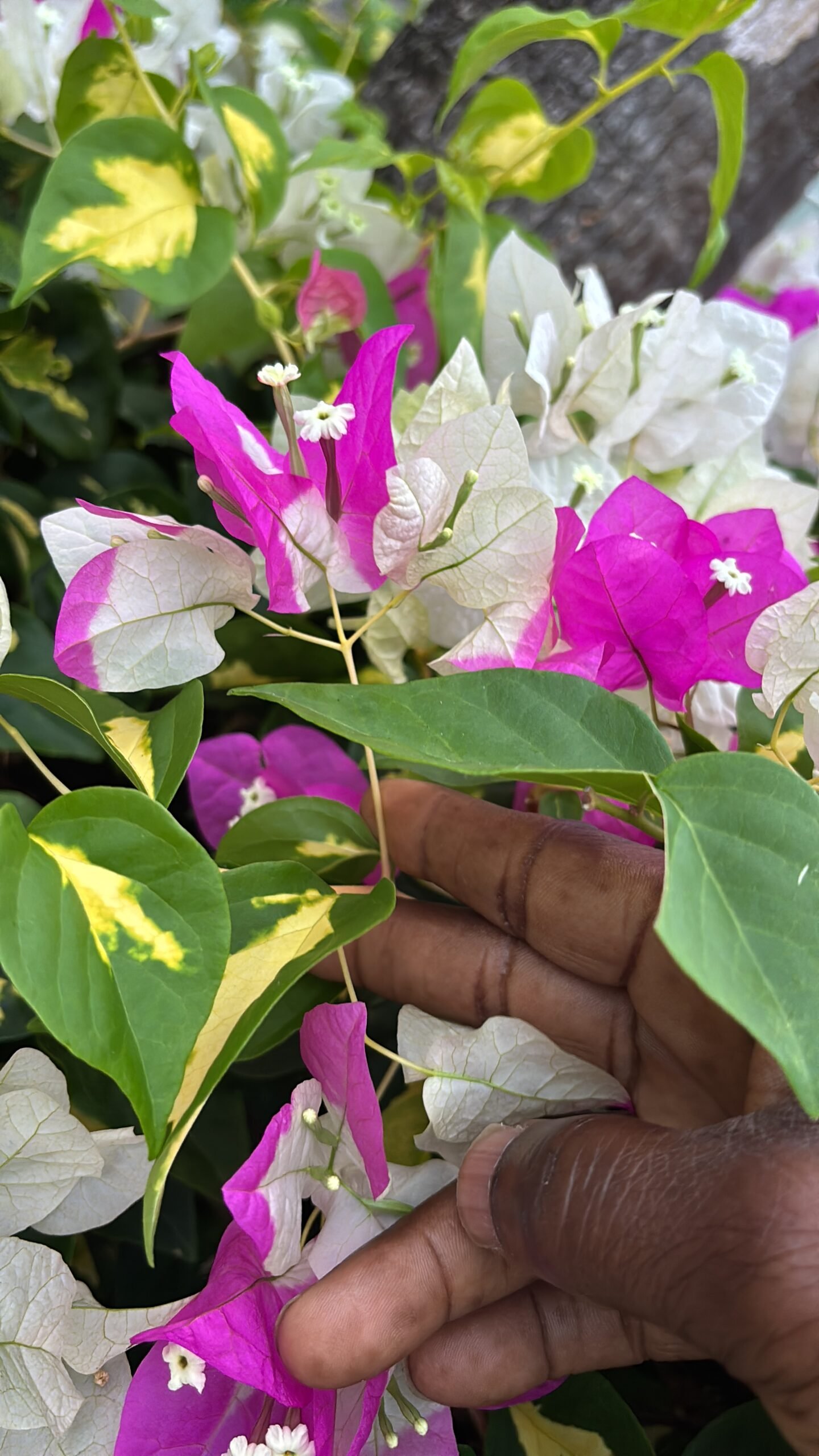Sometimes, we see various documentaries about people living near rivers, relying on them as their primary water source. It is well known that the closer one gets to the source of a river, the fresher the water is, as downstream flows pick up contaminants from other settlements. To ensure the highest water quality, communities strive to stay as close to the source as possible. The effort required to purify water at the river’s mouth is immense, often bordering on impossible.
We live in these magnificent islands called the Caribbean, a region of unparalleled beauty. The lush greenery is a spectrum of shades, the ocean shifts from aquamarine to deep blue, and the skies, clouds, rainbows, and breezes paint a dream of paradise. Waterfalls, such as those in Dominica, cascade through verdant landscapes. Beyond its natural beauty, the Caribbean has been known for its hospitable, caring people. Yet today, we are hearing a different story—a story of rising crime, violence, and the loss of innocent lives. These tragedies feel like the contaminated water at the river’s mouth, overwhelming and seemingly unfixable.
To restore the purity of our lives and communities, we must return to the source. This is not a problem that the defense forces, police, or judiciary can solve alone. The solution lies in internal transformation—a collective return to the core of who we are. Each of us, not just the youth, must reconnect with our center. Over time, we have drifted downstream, letting external influences dictate our direction. The result? A deteriorating quality of life, masked by pretense and plagued by stress.
We live in a sea of stress. Even those with well-paying jobs are burdened by the attitudes of bosses and colleagues. Materialism has deceived us into believing that money brings happiness, but true quality of life can only be achieved by reconnecting with our source. Sadly, even faith communities, once the custodians of this work, have strayed downstream, becoming part of the contamination. This is not about assigning blame but about taking action. The time to act is now; we cannot afford to let this crisis deepen.
Our young men are slipping away—not only through death but through destructive mindsets and behaviors. These vibrant individuals, capable of contributing so much to our communities, are being lost. We must not allow this wastage. There is no “us and them”; it is all of us together. As the Christian faith teaches, God shows no partiality. The spiritual work of purification must become a rule of life in this region. We must resist materialism, re-embrace our natural surroundings, and let the beauty of our islands inspire us.
In the past, we found joy in the simple pleasures of life: driving around the island, marveling at its beauty, and feeling connected to the earth. We planted, we cared for our surroundings, and we took pride in our small properties, ensuring they were clean and productive. These actions grounded us in our humanity. When we disconnect from these sources of support, we lose our humanity and drift downstream into contamination.
Let us not blame the police, the defense forces, or politicians. This is not about blame but about awakening. We must return to the source within us, purify ourselves, and stop contributing to the contamination around us. The work begins with each of us.







